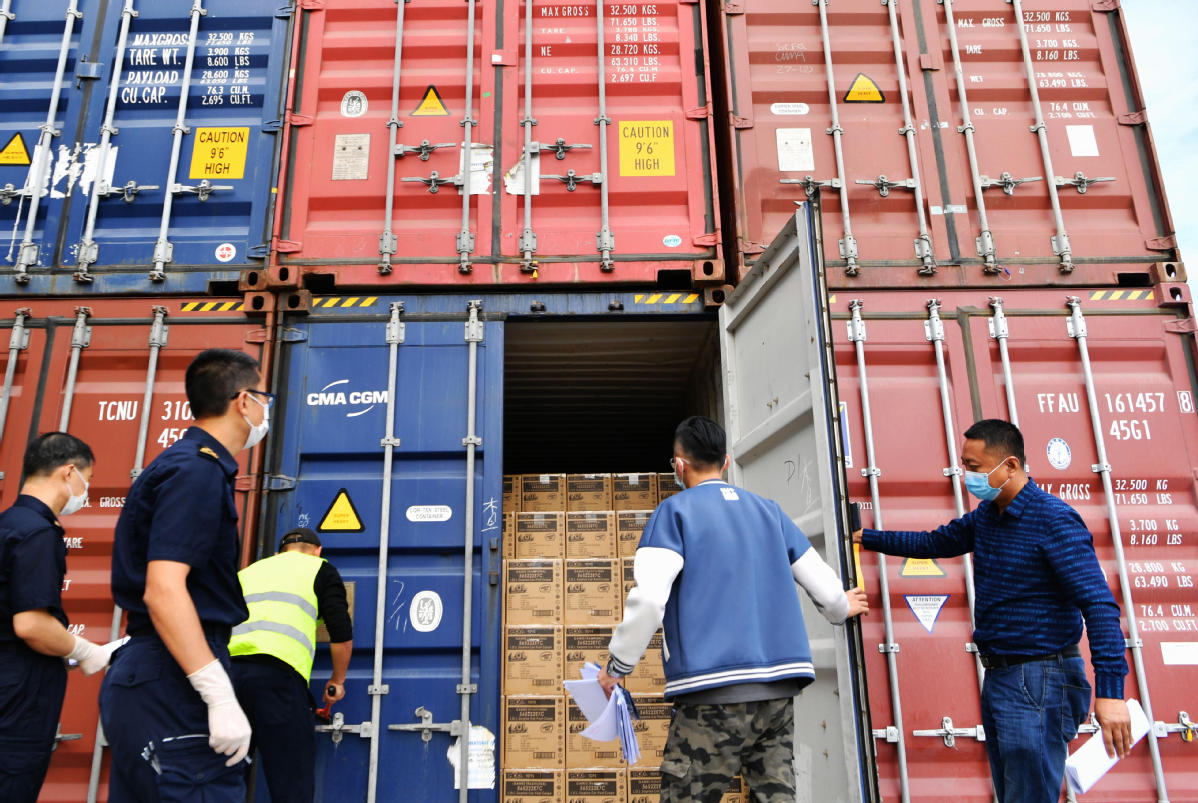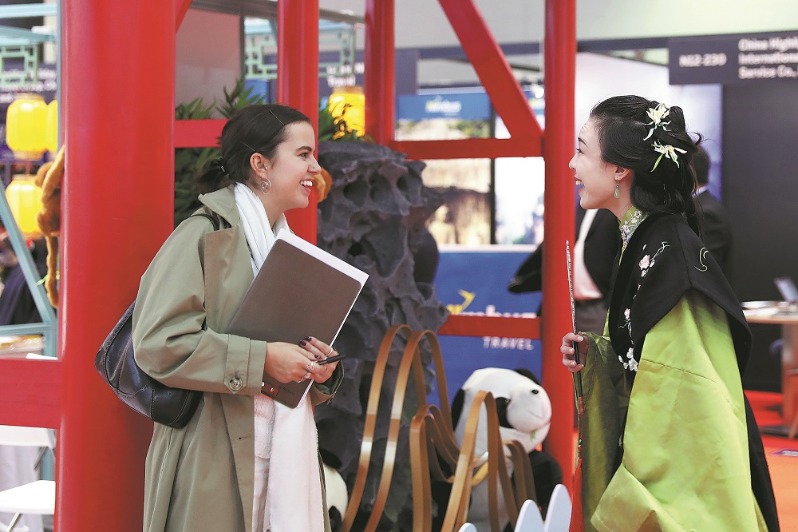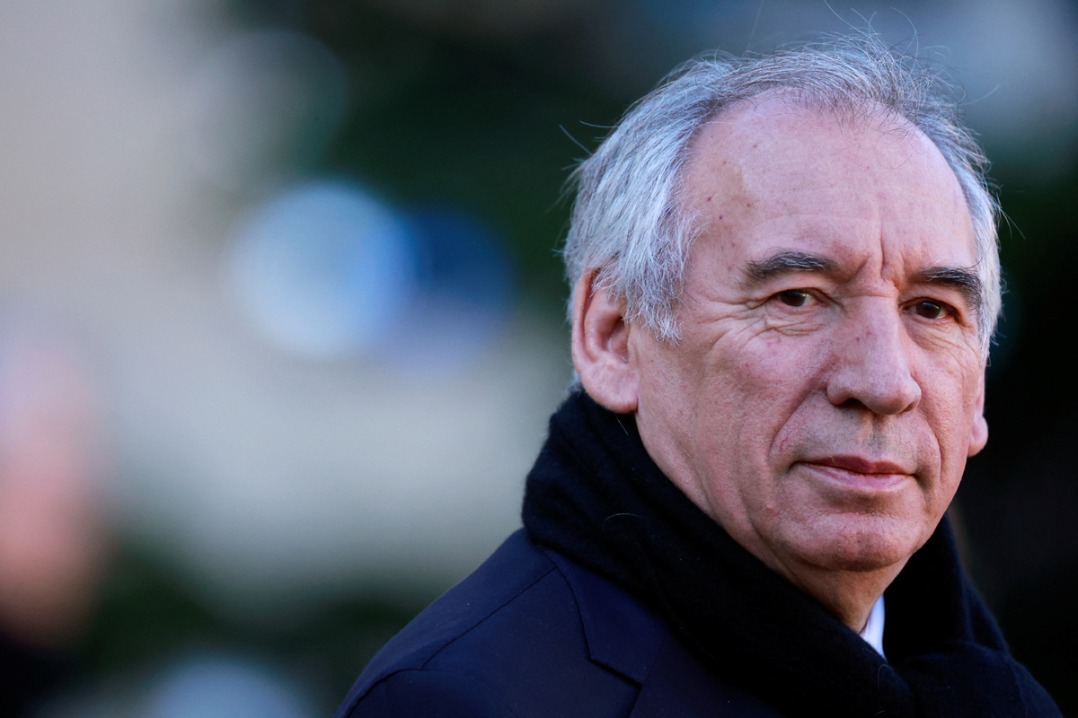Strides made in bolstering EU ties


Pandemic fails to slow pace of trade and deals struck with partner China
The conclusion in principle of the negotiations for the China-EU Comprehensive Agreement on Investment, or CAI, on Dec 30 highlighted a year of fruitful bilateral relations.
Despite the COVID-19 pandemic, negotiations for the agreement, which started seven years ago, speeded up in 2020 after leaders from both sides pledged to wrap up the talks by the end of that year.
"We welcome the political agreement achieved on negotiations on investment," European Council President Charles Michel said in a tweet after a video talk between EU leaders and President Xi Jinping on Dec 30.
In the past few years, many Chinese companies operating in the EU have complained about a less friendly business environment. They likened the EU's antitrust review process, foreign direct investment screening and foreign subsidies reviews as "three huge mountains" weighing heavily on their chests, according to a survey by the China Chamber of Commerce to the EU, or CCCEU.
Chinese telecom giant Huawei has opposed the arbitrary use of security assessment in restricting its access to the EU's 5G market. However, an EU official indicated that the Huawei case fits under public procurement and is not covered by the CAI, and the same is true for investment screening on national security grounds.
"The CCCEU expects China and EU to promptly complete the follow-up work, ratify the treaty and implement it in a timely way so that to further boost bilateral investment and trade," the CCCEU said in a statement after the conclusion of the talks for the investment pact.
The EU accounts for about 5 percent of China's foreign direct investment stock, while China makes up 3.4 percent of the EU's FDI stock, according to the China Mission to the EU.
Zhang Ming, head of the mission, said the numbers are inconsistent with the size of the economies of the two sides and the expectations held by both.
"With the investment agreement, Chinese and EU investors will be able to further tap the potential to explore more opportunities in each other's market," he said on Dec 30.
The conclusion of the negotiations for the investment agreement came after China and the EU reported bilateral trade of $620 million in the first 11 months of 2020, up 4.7 percent over the same period in the previous year. Each side registered increases in exports to the other market.
The headline figure has made China the EU's largest trading partner, replacing the United States.
In 2020, China and the EU witnessed many high-level meetings and initiatives despite the challenges posed by the pandemic.
In virtual gatherings, the leaders of the two sides held the 22nd China-EU Summit in June and the China-Germany-EU Summit in September. Germany, which held the presidency of the Council of the European Union in the second half of 2020, played an instrumental role in pushing forward the CAI.

































